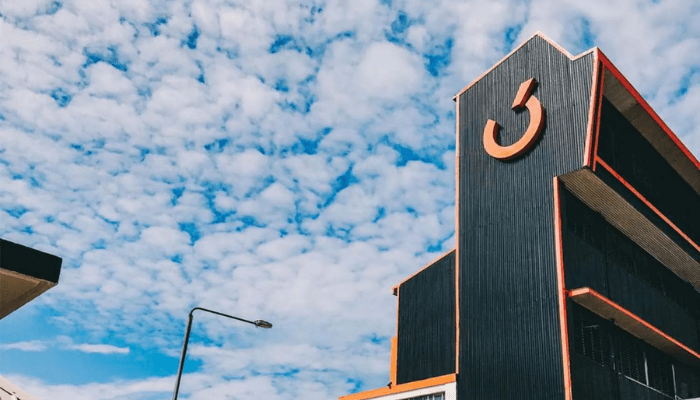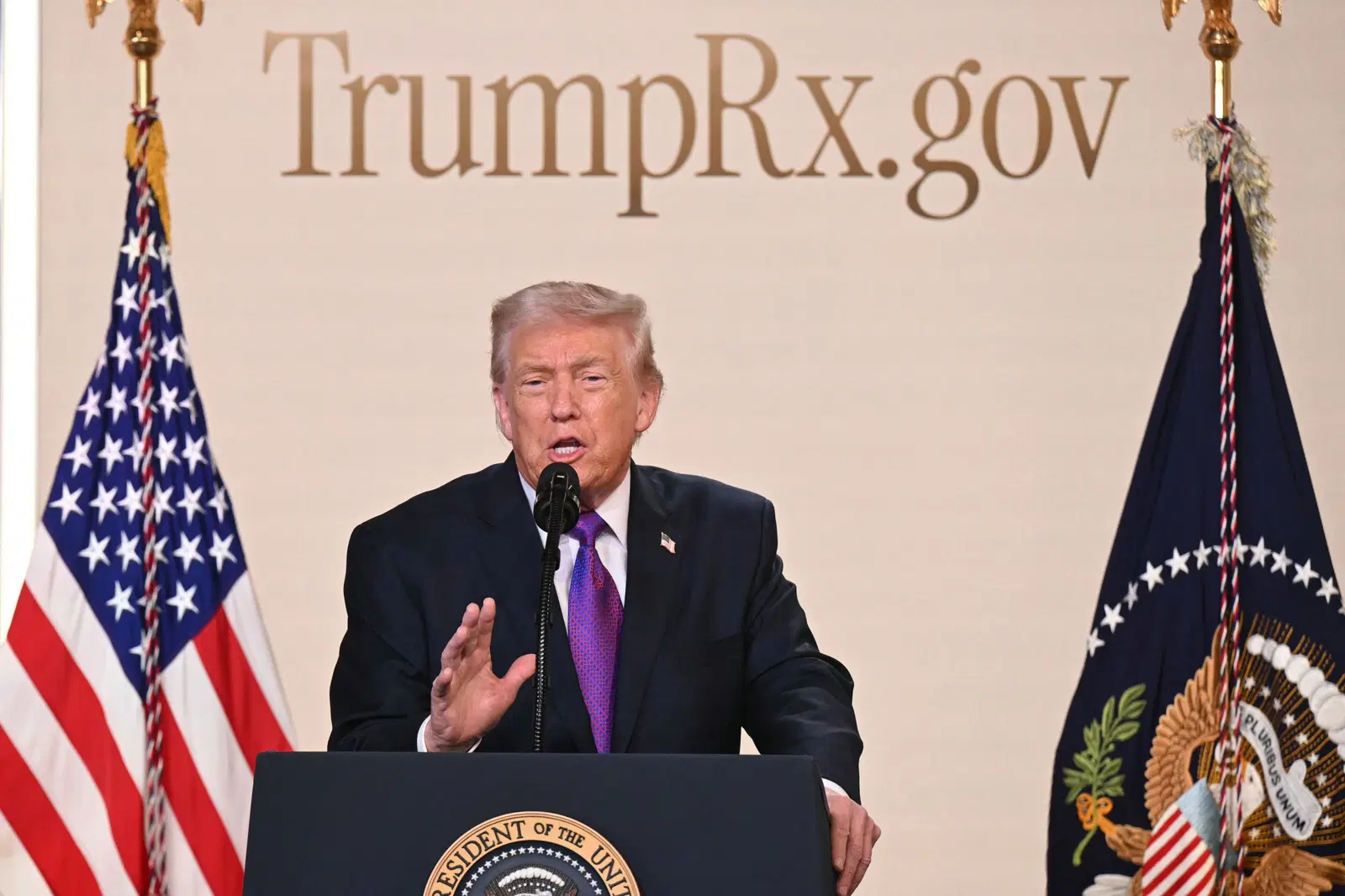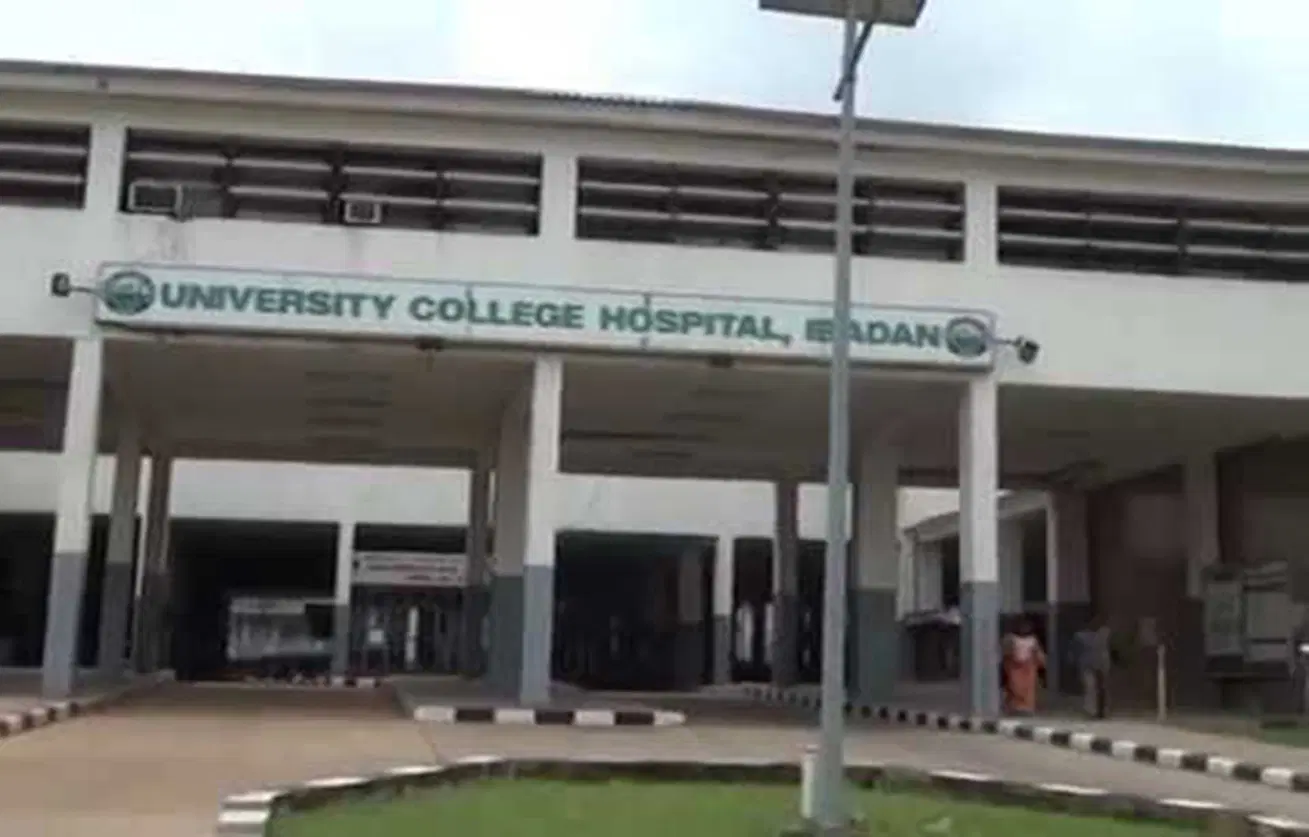The Federal Government is in talks with the World Bank to complete the processes of obtaining over $1bn in loan to tackle the challenges, facing Internally Displaced Persons and their host communities, as well as bolster rural access and agricultural marketing in the country.
This was disclosed in the World Bank documents titled, ‘Solutions for the Internally Displaced and Host Communities Project’ and ‘Rural Access and Agricultural Marketing Project – Scale Up,’ according to The Punch.
The loan for the IDP is estimated to be $500 million, while a loan of $550 million will be earmarked for Rural Access and Agricultural Marketing Projects.
According to reports, the previous administration of President Muhammadu Buhari initiated some of the World Bank loans that the World Bank is currently addressing.
In the report provided on the bank’s website, the IDP initiative tends to improve access to resilient and inclusive basic services and economic opportunities for IDPs and their host communities in displacement-affected local government areas in the northern part of the country.
The Solutions for the Internally Displaced and Host Communities Project, which is to be tentatively appraised on February 11, 2025, and slated for approval on April 8, 2025, represents a targeted effort to better the lives of millions affected by internal displacement as a result of conflict, violence, and climate challenges.
The bank added that the Federal Ministry of Budget and Economic Planning would act as the borrower for Nigeria, while the National Commission for Refugee Migrants and Internally Displaced Persons and the North East Development Commission are the executing agencies.
The analysis of the funding revealed that $30 million was budgeted for project management and support for the implementation of the national policy, while $120 million was slated for community development, generating opportunities, and social cohesion.
In addition, strategic investments for climate-resilient economic development are expected to cost $320 million, while $30 million is slated for strengthening State and local government institutions for improved service delivery.
The document from World Bank read, “The proposed project will utilise a three-pronged approach to develop sustainable solutions for IDPs and host communities in Northern Nigeria. First, the proposed project aims to provide tailored solutions for each targeted state and community, recognizing that each internal displacement situation is specific and localised, with conflict, violence, and/or climate challenges presenting a different level and set of vulnerabilities for host communities.
“Gender, age, and special needs of individuals also play a role, as well as the length of displacement, number of times displaced, and other factors. Thus, responses will be adapted to address the specific needs of vulnerable populations within displacement-affected states and communities. Second, the proposed project will follow a “People-in-Place” approach, integrating the needs of the people and the impacts on the place where they settle.
“Project activities will aim to improve the provision of infrastructure and basic services as well as livelihood opportunities in an integrated way, moving beyond capital investments to supporting operational improvements and sectoral reforms, and fostering income-generating opportunities within host communities.”
The World Bank’s intervention through the requested loan aims to mitigate the effects by fostering economic opportunities and improving access to basic services, thus contributing to a more stable and prosperous future for IDPs and their host communities in Nigeria.
The recent development indicates that Nigeria’s debt could rise further. It is recognized that most of the current foreign loans had been initiated under the former administration of President Muhammed Buhari, Nigeria’s total debt as of the end of September 2023 was N87.91tn, according to Debt Management Office data.










